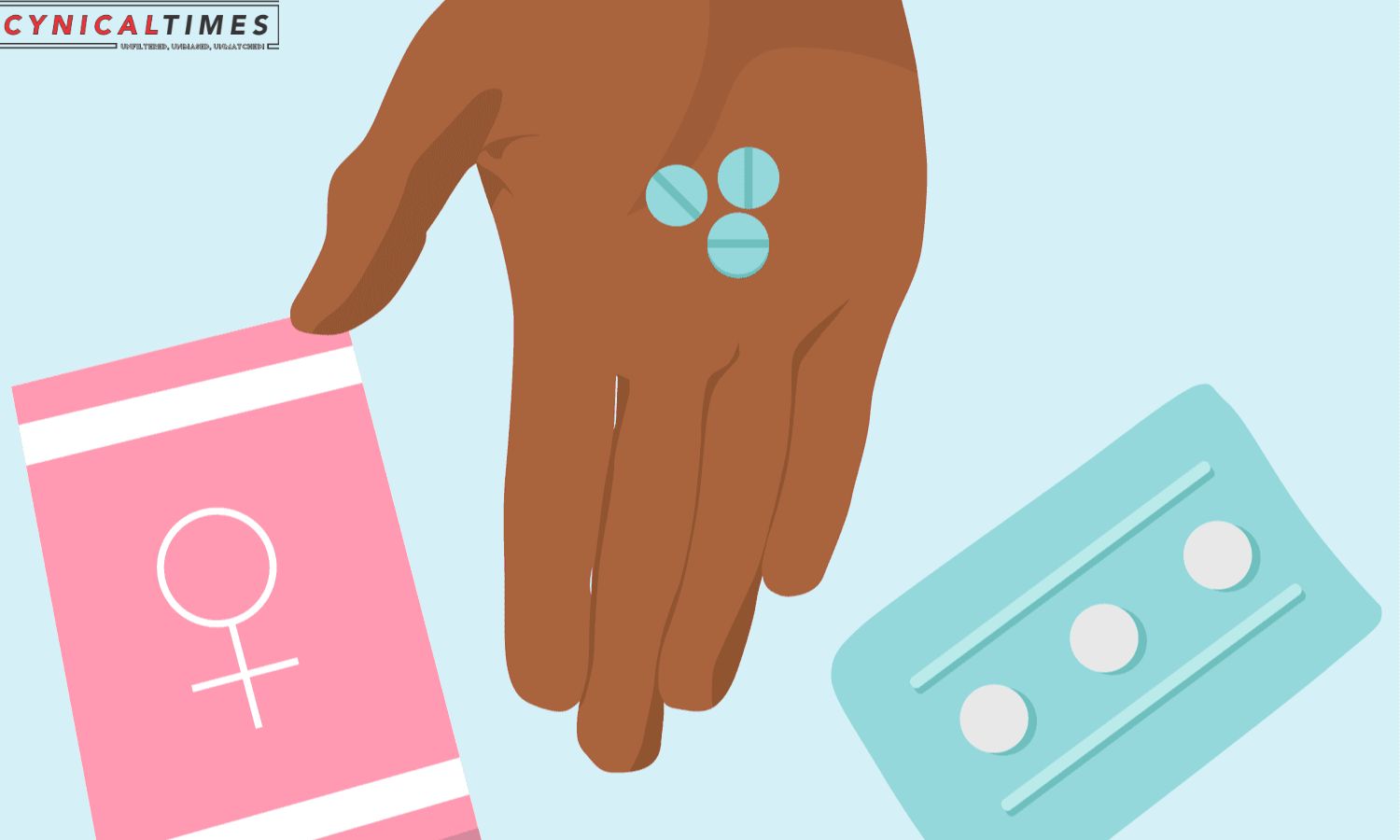Supreme Court Abortion Drug Debate: Nationwide access to medication abortion is facing a critical challenge, with the Supreme Court announcing its decision to hear a case concerning a widely used abortion drug, potentially impacting access by July.
The Supreme Court had previously safeguarded access to the abortion drug earlier this year by halting lower-court rulings that aimed to impose restrictions on its usage. With the court relinquishing the constitutional right to abortion in 2022, individual states are now tasked with regulating the procedure.
At present, access to mifepristone, the focal point of the case and the initial drug in medication abortion, remains unchanged. However, the Supreme Court’s decision to hear the case introduces an element of uncertainty.
It found that mifepristone is statistically safer than penicillin and Viagra. The US Food and Drug Administration reports five deaths per million US users of mifepristone since its 2000 approval. The death rate is 0.0005%. Penicillin, a common antibiotic, and Viagra, an erectile dysfunction drug, had four- and almost ten-fold greater fatality rates.
Mifepristone is safe, but the Supreme Court’s hearing worries healthcare experts and advocates. Dr. Jack Resneck, Jr., President of the American Medical Association, blasted the court’s disregard for scientific evidence, citing patient and national health risks.
Also Read: Tackling Childhood Obesity Balancing Acts and Bold Strategies
Medication abortion has gained popularity as the most common method for abortions in the US, constituting over half of all abortions in 2021, according to the CDC. Its accessibility, reduced cost, and diminished barriers to clinic visits contribute to its widespread use.
In addition to its safety, medication abortion presents a more accessible and cost-effective option compared to procedural abortion or childbirth. Major complications from medication abortions are minimal, with a rate of about one-third of a percent. In contrast, procedural abortion and childbirth carry slightly higher rates of complications at 0.41% and 1.3%, respectively.
Abortion clinics and telemedicine groups may switch to misoprostol-only abortions if mifepristone is threatened. Misoprostol-only abortions are less effective, riskier, and more painful than mifepristone and misoprostol abortions.
Experts warn that restricting mifepristone access may increase failed abortions, delaying medical care and abortions later in pregnancy.
As the Supreme Court considers the case, medication abortion concerns arise, providing problems to healthcare practitioners and raising questions about reproductive rights in the US.


